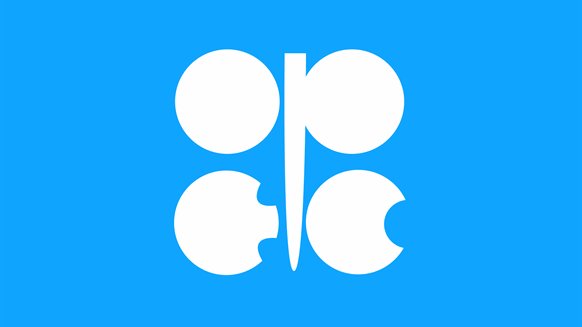The United Arab Emirates has no plans to leave the OPEC alliance, the officials said on condition of anonymity, denying a report that it sent oil prices tumbling.
The Wall Street Journal previously reported that a growing rift with Saudi Arabia meant the United Arab Emirates was discussing leaving the producer group, a move that could leave them free to increase production.
The UAE has said publicly and privately that it is sticking to a deal with other members of the OPEC+ alliance that will remain in place for the rest of this year. Brent crude futures, after initially falling as much as 2.8% on the WSJ report, pared losses to trade above $85 a barrel.
Abu Dhabi has been considering which alliances best suit its long-term interests for some years as it seeks to monetize increases in production capacity. That project put him at odds with Saudi Arabia and other OPEC+ nations two years ago, igniting a feud that nearly split the entire coalition, although a compromise was found.
More investments in oil
Earlier this year, RBC Capital Markets LLC said Abu Dhabi could push for a higher OPEC+ production share, given that its current target of about 3 million barrels a day is well below official levels capacity of more than 4 million.
The state-owned Abu Dhabi National Oil Co. is investing billions of dollars in a further capacity jump to 5 million barrels per day, which is expected to last until 2027.
Sultan Al Jaber, Adnoc’s chief executive and an influential figure in the emirate, is “looking to monetize substantial investments” in production capacity, RBC said.
However, there are still no signs that the UAE’s aspirations will put it on an imminent collision course with the rest of the Organization of the Petroleum Exporting Countries.
If the UAE were to suddenly leave OPEC, it would risk a political fallout not only with Saudi Arabia, one of its main trading partners, but with other Gulf allies such as Kuwait and Iraq.
Last month, UAE Energy Minister Suhail Al Mazrouei, speaking on Bloomberg Television in Dubai, reiterated that the country remains committed to OPEC+ production for the rest of 2023.
–With help from Grant Smith and Paul Wallace.


